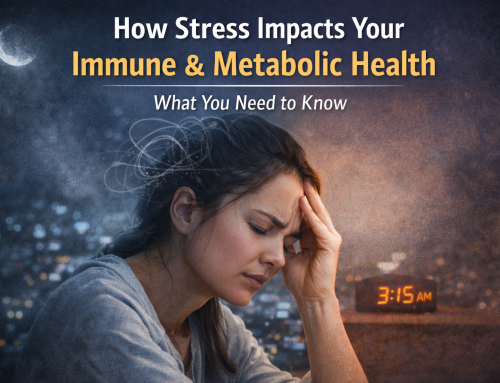Eat whole egg or egg whites? As a Certified Nutritionist, this is a very common question my clients ask. If you have high cholesterol, then I’d recommend eating mostly the egg white. If not, it’s up to you. In terms of vitamins and flavor, it’s in the yolk.
Eggs are low in calories but high in protein and they contain a variety of beneficial nutrients. However, the nutritional value of an egg can vary, depending on whether you eat the whole egg or just the egg white.
This article takes a detailed look at the nutritional profile of egg whites and when compared to whole eggs.
Nutrition facts of egg whites and whole eggs
Egg whites are the clear, thick liquid that surrounds the bright yellow yolk of an egg.
In a fertilized egg, they act as a protective layer to defend a growing chicken from harmful bacteria. They also provide some nutrients for its growth.
Egg whites are made up of around 90% water and 10% protein.
So if you remove the yolk and choose just the egg white, the nutritional value of your egg changes considerably.
Eat whole egg or egg whites?
The chart below shows the nutritional differences between the egg white of a large egg and a whole, large egg:
Egg White Whole Egg
Calories 18 71
Protein 4 grams 6 grams
Fat 0 grams 5 grams
Cholesterol 0 grams 186 mg
Vitamin A 0% of the DV 27% of the DV
Vitamin B12 0% of the DV 19% of the DV
Vitamin B2 11% of the DV 18% of the DV
Vitamin B5 1% of the DV 15% of the DV
Vitamin D 0% of the DV 19% of the DV
Choline 0% of the DV 27% of the DV
Selenium 8% of the DV 27% of the DV
As you can see, an egg white contains fewer calories and micronutrients, as well as less protein and fat, than a whole egg.
SUMMARY
• An egg white contains fewer calories than a whole egg. It is also lower in protein, cholesterol, fat, vitamins, and minerals.
• Low in calories but high in protein
• Egg whites are high in protein but low in calories. In fact, they pack around 67% of all the protein found in eggs.
• They provide what is considered a complete protein, meaning it contains all nine essential amino acids in the amounts your body needs to function at its best (4Trusted Source).
• Due to their high protein content, eating egg whites can provide health benefits. Protein can help curb your appetite, so eating egg whites could make you feel fuller for longer (5Trusted Source, 6Trusted Source).
• Getting enough protein is also important for maintaining and building muscle — especially if you’re trying to manage your weight.
• Given that whole eggs provide only slightly more protein for quite a few extra calories, egg whites can be an appealing choice for people who are trying to lose weight.
If you’re trying to lose weight, it’s easy to decide whether to eat the whole egg or egg whites. The egg whites from a large egg provide 4 grams of protein and only 18 calories. This can make them a good food choice for people trying to lose weight.
Click here to read more about whether to eat whole eggs or egg whites.






